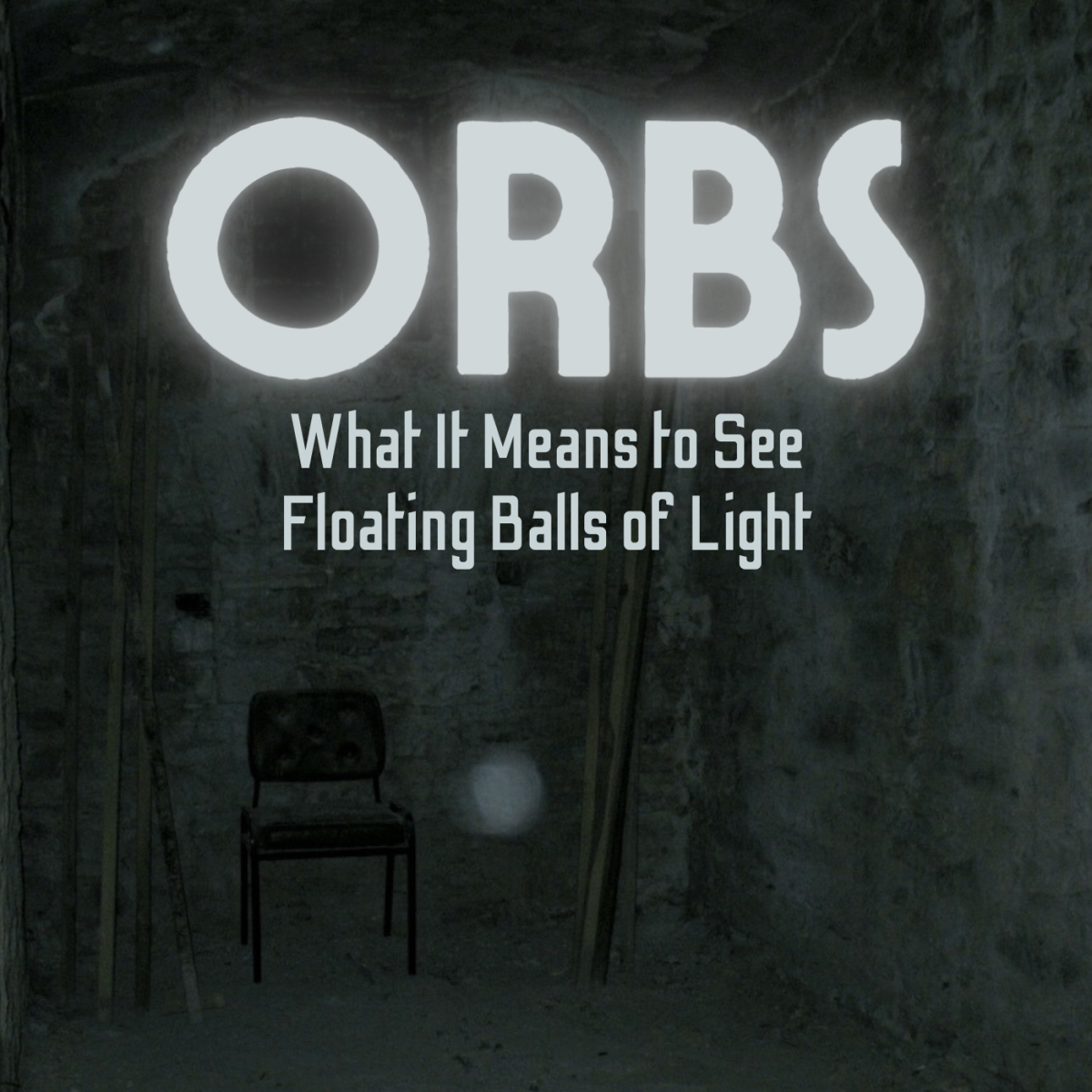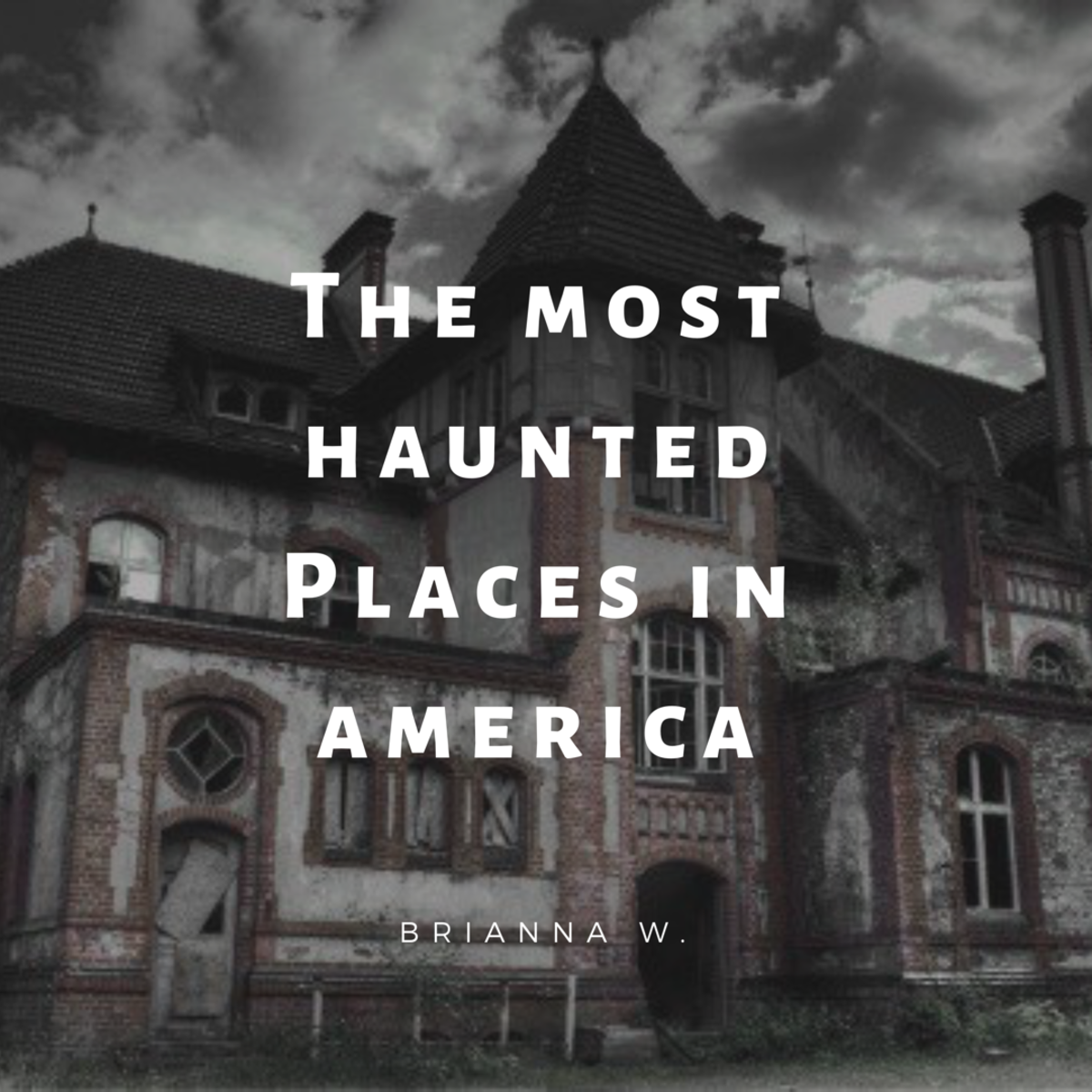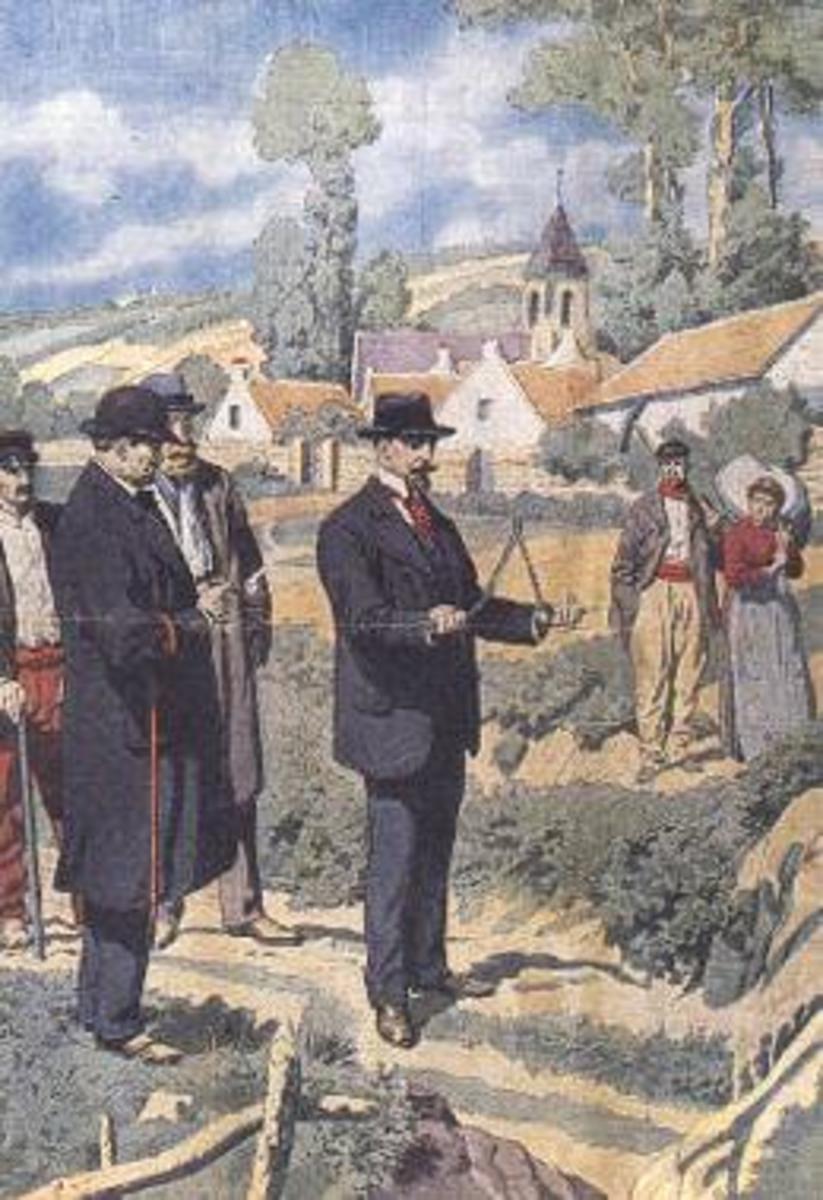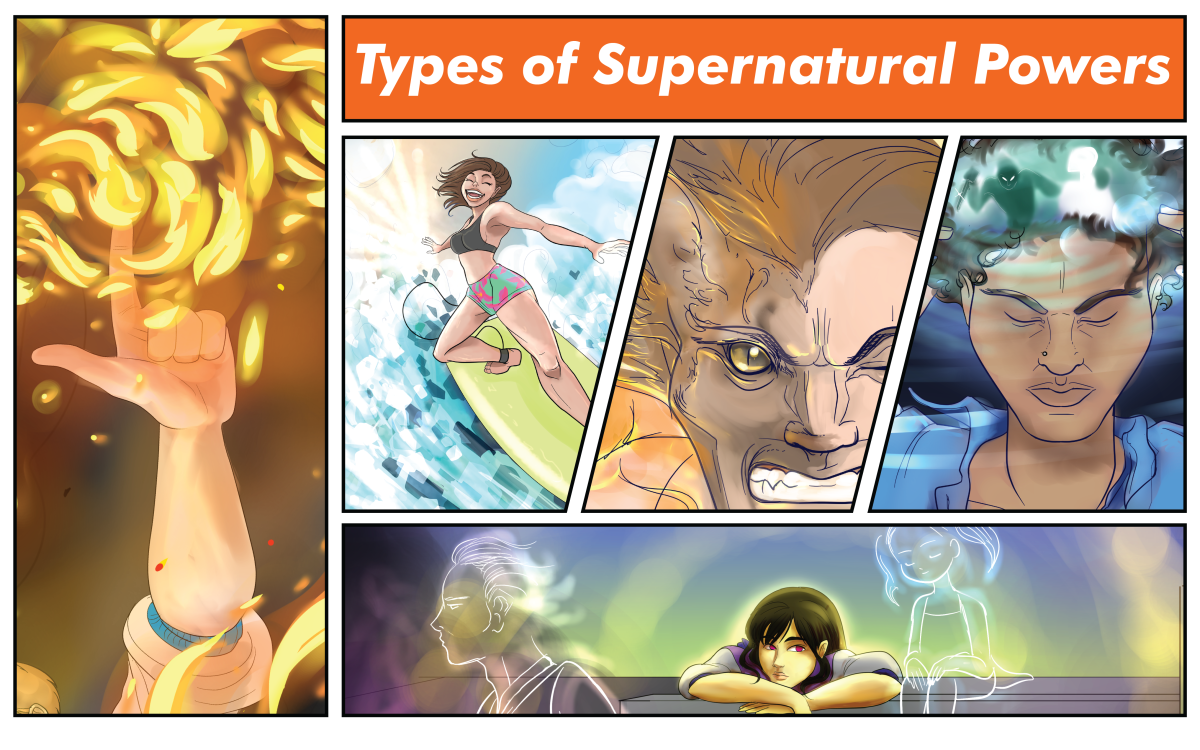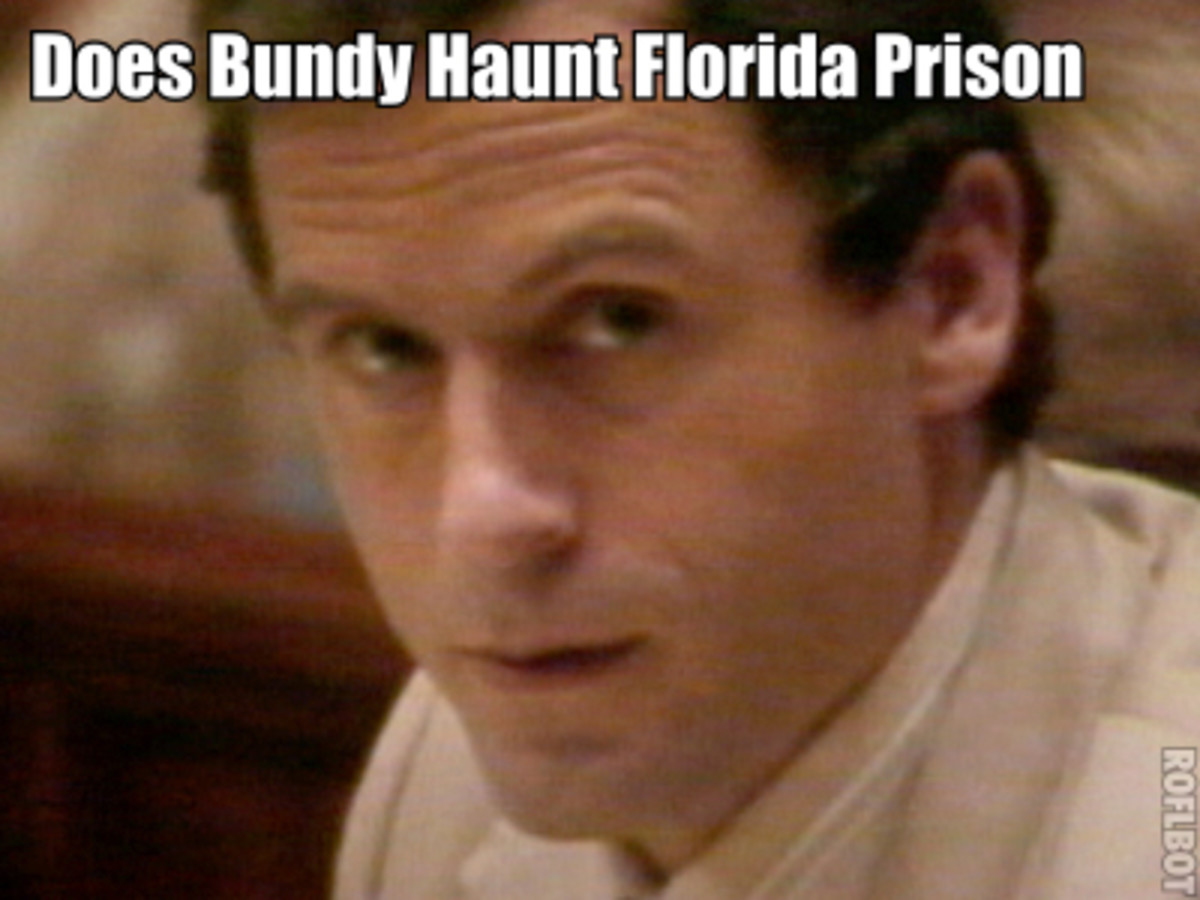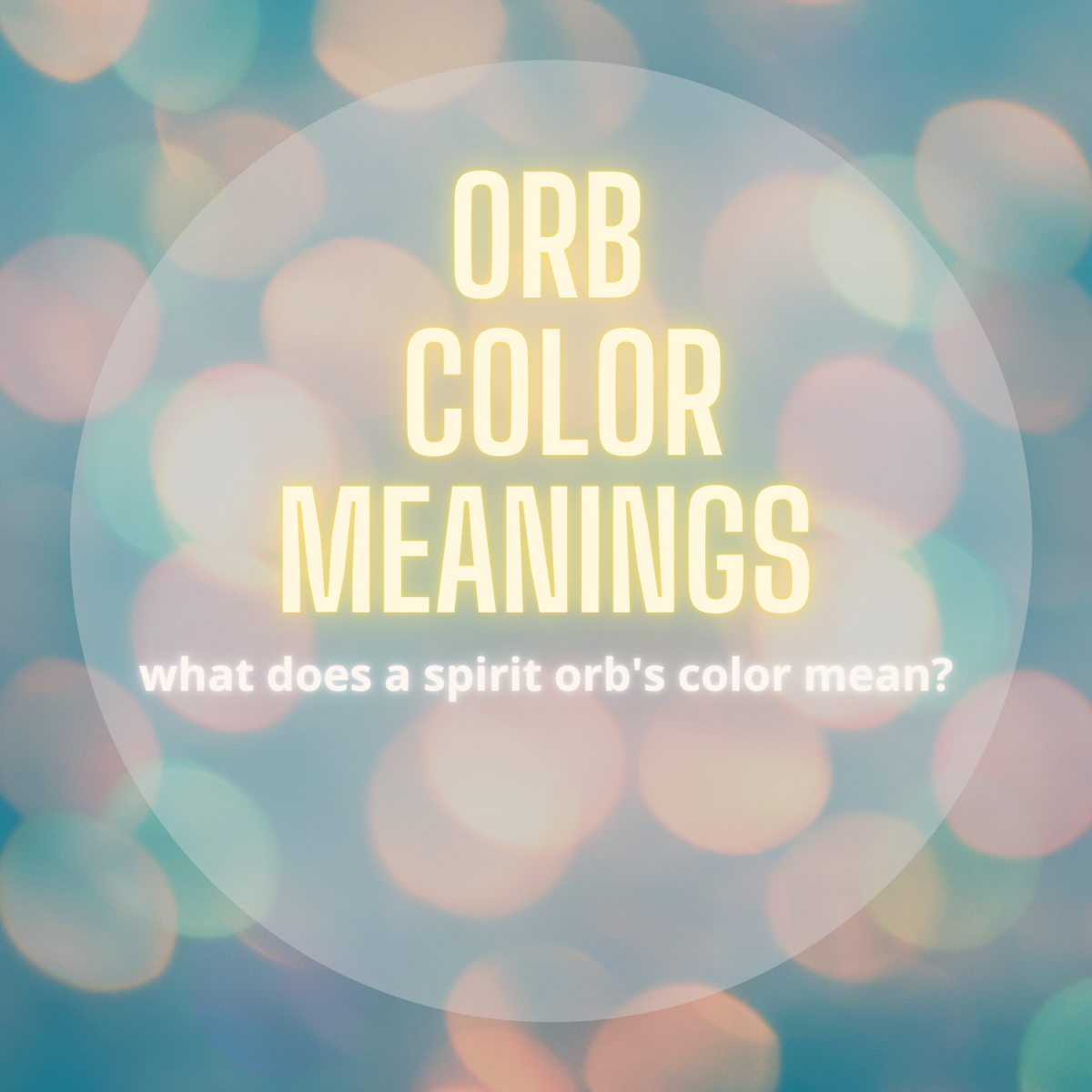The Problem with Paranormal Evidence
YouTube and Reality Shows
If you know anything about me at all, you know I absolutely love learning more about paranormal beliefs and the occult. Some people would even say I am downright creepy. That is OK. I've been called worse. If there is a YouTube video that catches a ghost on film or a new paranormal reality show, I am there! I want to see it. I want real evidence. But is any of this stuff actual valid evidence?
The problem with paranormal evidence is very simple, in my opinion. If the evidence looks too real, everyone believes it is a fake. If the evidence is not that clear, well, no one is interested... and the skeptics still say it is fake. So that is the problem. Perhaps there is legit evidence, but if I am not actually sitting there and the ghost taps me on my shoulder, I tend to not believe it either. I think that is the case with many viewers, both the skeptics and believers.
The believers want to believe those YouTube videos cover actual paranormal activity. You know the kind I am talking about. On a fairly regular basis, people post security footage of supposed ghosts on YouTube. With the popularity of ghost reality shows, plenty of folks go out ghost hunting with just a flashlight and their iPhone. Naturally they want to post their findings online. Can we really believe any of this footage is accurate? I don't even know these people, so why am I trusting them?
There seems to be a bit more trust put behind some reality shows that have been airing for a while. For instance, a few of the most popular paranormal shows use scientific instruments and are very technical in their research. But it is TV. Am I to believe every single person on those shows don't have a moment or two when "amping up" the evidence isn't the most logical thing to do on a slow night? I mean, it is entertainment, so give the people what they want.
When the Evidence Is Too Good
To believe or not to believe... that is the question! I applaud any of you that watch these shows just for entertainment purpose. You totally get it. You watch those videos and shows, and you have a good laugh. I wish I could be like you. But I really do want to know how much of this evidence is real, how much is exaggerated, and how much is just totally fake. I have a feeling I am not the only one out there that wants actual proof.
The problem with evidence that is too good is no one actually believes it. There is plenty of free software out there so anyone can fake a ghost photo. You can also add anything you'd like to add to these photos... gnomes, elves, vampires... anything you'd like to fake today. Not only can you easily use computer graphics to enhance any photo or film, you could just go low-budget and have your friend dress like Bigfoot in the forest. After that, a simple 20 second, gritty-looking YouTube video is plenty enough to get you some hits on YouTube.
You might not believe that people are capable of such fakes or you may be the trusting type that can't believe society is so full of liars. However, you never know what some people will do for attention or for money... or better yet... for both attention and money. I've known some pretty honest people to do some uncharacteristically dishonest things when times are tough.
The shame of all of this is, what about the real evidence? Is there some evidence that is actually true, but no one believes it because it looks so convincing that skeptics insist it must be fake? What if the most realistic footage is so realistic because it simply is real paranormal evidence? I want to believe!
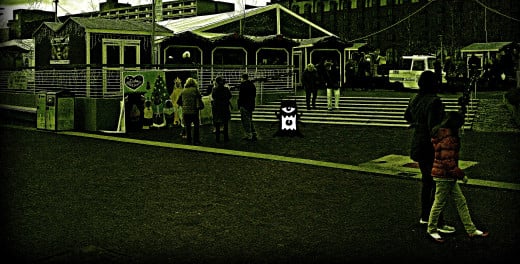
When the Evidence is Not So Good
One of the most frustrating aspects of paranormal evidence is that nothing is really good enough. If the evidence is clear, then it must be a fraud. Obviously computer graphics have been added to the photo or a voice has been added to the tape. So naturally, you would think evidence that is not so clear would be the most respected. This is not true either.
No one wants to look at "evidence" of orbs (small balls of light) because the assumption is either the camera was having lighting issues or it just captured some bugs. If you have to circle the "ghost" in the photo, then people basically laugh it off as not believable. Real evidence should be obvious enough for anyone to see. As far as EVPs (Electronic Voice Phenomenon) goes, the voice on the recorder often must be cranked up to the highest volume and enhanced just to hear it. To skeptics, that is further proof the sounds are just some type of interference.
In many situations, the most unclear evidence probably has a simple explanation. I can't even begin to count how many times I've been watching a paranormal reality show that features some "major" incident that has a logical explanation. Sometimes they debunk the incident themselves. On other shows, I am left thinking about how the image was obviously a shadow or that sound of something falling was probably just a rat knocking something over in the rodent-infested abandoned building.
One theory that explains seeing faces or ghosts in images is an experience called Apophenia. It is also known as "matrixing." Basically, one looks at an image and sees something else in it that does not exist. For example, how many times have you heard about people seeing the image of Jesus in burnt toast? How many times have you seen a face appear in the clouds? I myself used to always see a face in the wood grain in a door at my parents' house. Did this mean anything? Of course not! The mind plays tricks on people and often looks for the familiar in unfamiliar objects.
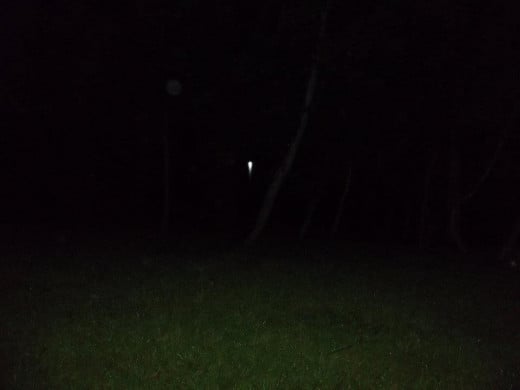
So Now What?
So now, what are we left with after discussing this topic? I don't know about you, but I still crave more knowledge. It would be a huge disappointment to me to think every YouTube video, every reality show, all the photos, and all the EVPs featuring ghosts and other mystery creatures are frauds. I must believe at least some are unexplained mysteries. I myself have experienced some paranormal happenings, so therefore, there must be real evidence out there.
This leaves me with hope. I hope one day there is paranormal evidence I can trust. I want to see the footage that is going to blow my mind. As I said before, I want to believe. I suppose I am a hopeful skeptic when it comes to paranormal evidence. For now, I guess that is all I have.
Copyright ©2014 Jeannieinabottle
More Hubs You Might Like...
- A Bumbling Idiot's Guide to Ghost Hunting
Paranormal shows are really popular now, but sadly, I worry that some paranormal investigators don't have a clue what they're doing. Let's discuss the correct way to go ghost hunting. - How to Make Friends With a Ghost In Your Haunted House
Living in a haunted house doesn't have to be a bad experience. Before you attempt to kick out a ghost, try being friends with your new ghostly roommate instead. - The Haunted Dorm Room
Do you think you live in a haunted dorm room? Maybe your friend lives in a dorm and has seen a ghost? Before freaking out, read about my positive experience with a ghost in my haunted college dorm.



